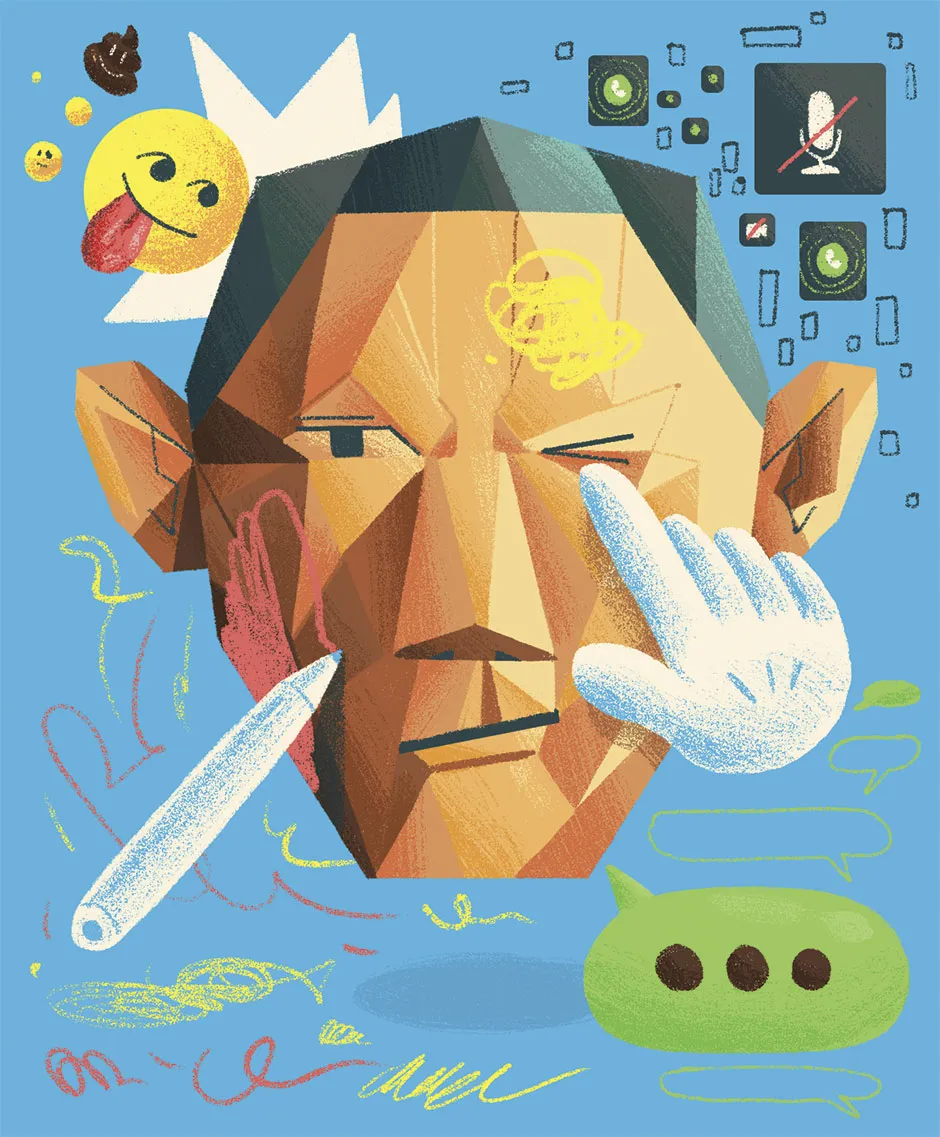September 1993 started out like every other September of the 25-year history of the internet: a new group of people arrived at university and were assigned an email address, giving them access to the online world.
They started to nose around the world of information – archives upon archives of user-generated knowledge and labyrinths of non-physical communities – and got super excited. They dived in with both feet and invariably broke rules, pushed boundaries, and were put into place by an ‘Elder’ who’d explain how things actually worked in this virtual town. Usually by October, everything would be running smoothly again.
But 1993 was different. This was the year that AOL sent out CDs to every household in the USA, giving internet access to millions. This was the year that – for the first time – more people logged on than people who’d been there before.
This was the beginning of what became known as the Eternal September, locked into online lore as the moment when everything changed. The Elders were replaced by newbies, rules were bulldozed and the old ways didn’t matter any more. It was the original disruption in the new technology. And the internet that most people now know was born.
Read more about the internet:
- Could the internet become conscious?
- Why social media makes us so angry, and what you can do about it
We are in the midst of another disruption, one ushered in by COVID-19. The people who lived through the Eternal September, and the newbies who created the culture of the tech that most of us recognise as dysfunctional yet necessary, are being overrun by the people who dabbled with social media, but didn’t live it, businesses who thought working remotely meant checking your email while on holiday, and the people who thought virtual life ended when a person stopped living.
What is notable about living through this moment, as a person who was part of the rush online in September 1993, is seeing how the remote worker, virtual mourner and social media butterfly are discovering the limits of this new normal.
The digital services that we became dependent on because they were already there are not able to deliver the dream they promised. People want a water cooler moment. They want in-person adoration. They want to gather at a grave and physically hold each other.

As incredible as it is, today’s digital tech doesn’t replace human interaction. Yet that is what we’ve asked it to do for months. While it is possible for some people to entirely live a life online, that’s not the case for everyone. Yet that’s what we have all been asked to do.
What I find exciting is that people who would never have felt the discomfort of pushing against tech’s human/digital boundaries, are beginning to recognise its limitations. And that will lead to innovation.
Less than five years after the Eternal September turned the old internet on its head, we had new systems of search (Google), commerce (Amazon) and social networking (Six Degrees). The seeds for the dysfunctional internet we lived in pre-COVID were sown by newbies. The Eternal April will bring disruptions that the rest of us can’t imagine, and newbies will invent a new world order of their own that will be greater than anything ever invented before.
- This article first appeared inissue 355ofBBC Science Focus Magazine–find out how to subscribe here
